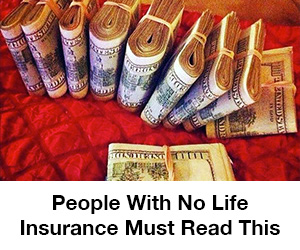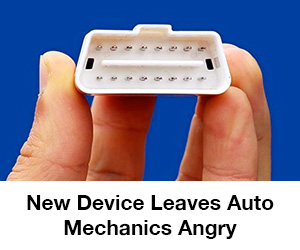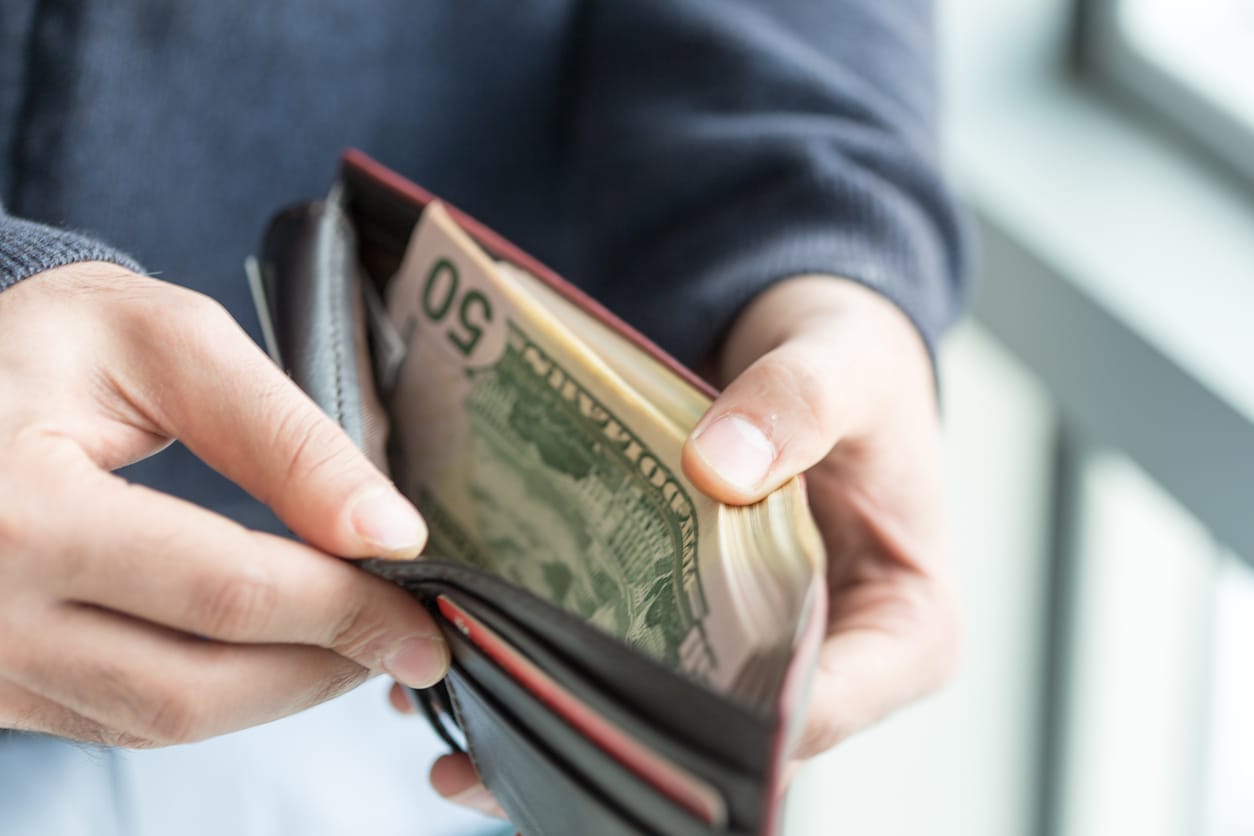6 Ways Increasing Interest Rates Affects Your Finances
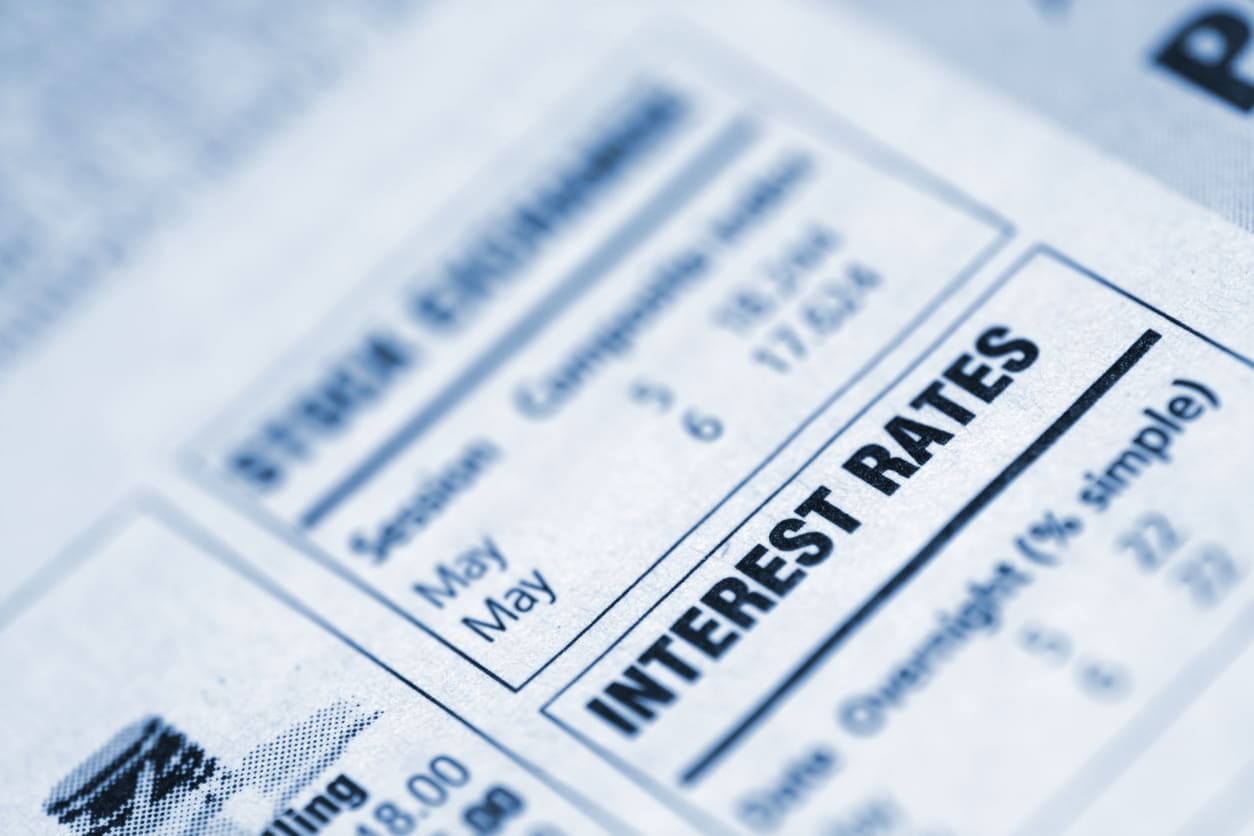
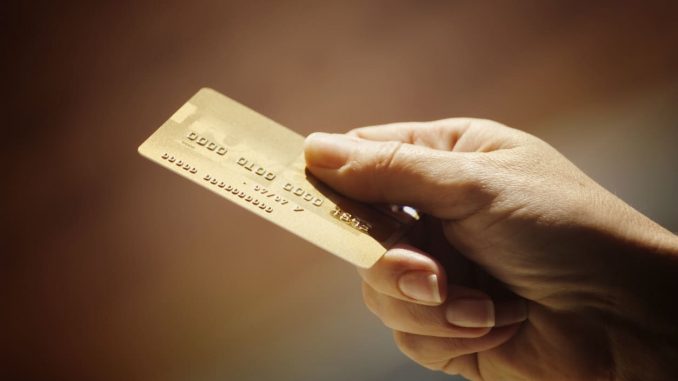
iStock.com/WillSelarep
2. Home Equity Lines of Credit (HELOC), Lines of Credit (LOC)
Home Equity Lines of Credit (a second mortgage) can be a risky business that is made even worse by interest rate hikes. Once mortgage rates rise, you can bet that HELOCs and LOCs are going to follow suit. With house prices on the increase, many Americans have used their home equity like an ATM. And the average HELOC balance sits at $70,000.
HELOCs are hard to pay off, and most people only pay the monthly interest rate, neglecting the capital balance. Increasing rates will make a HELOC even harder to keep in check, as your minimum repayment allowance will increase without even touching the principal.
On top of this, banks can demand you repay your HELOC at any moment. This is what makes this type of loan very risky. If you lose your job, miss a payment, or the price of your house drops, you might receive a very stressful call from the bank.
3. Student Loans
Interest rates on student loans are decided every spring for those that will be issued for the upcoming academic year. Most federal student loans interest rates are fixed for the entirety of the loan and won’t change. But, if you have a private student loan or variable-rate interest, you will be subject to increasing interest rates.
Student loans can become affected in a similar way to mortgages. Student loan rates operate on a variable or fixed-rate term, so those who have a variable-rate student loan will see an immediate spike in interest rates. Again, those that have a fixed-term student loan will be affected when it’s time for renewal.
4. Credit Cards
The first thing you should do is call your credit card provider to find out if you are being charged at a variable or fixed rate of interest. Most credit cards charge at a fixed-rate instead of a variable one. But, don’t think that will make you safe. What happens if you miss a payment? You’re fixed 19.99% rate could inflate dramatically to match interest rate hikes. Then, you’ll be charged more for your outstanding balance and in a worse position for paying it off.
The average American household owes $8,377 to credit card companies, so you should try to make pay more than the minimum monthly payment. Break this unhealthy cycle and tackle more than just the monthly interest.
If you want to take out a new credit card, the interest rate will be dictated by the prime rate. Using the prime rate, creditors can work out how much interest to charge you based on your creditworthiness. The prime rate is something that only those with the best credit get. But, when the prime rates rise due to banks increasing other interest rates, it’s bad for everyone.

